Whipple’s Disease in Nauru: Challenges in Diagnosis and Management in a Small Island Nation

This article explores the challenges of diagnosing and managing Whipple’s Disease (WD) in Nauru, a small Pacific island with limited healthcare resources. It highlights difficulties due to non-specific symptoms, lack of diagnostic tools, and treatment access, proposing capacity building and regional collaborations to improve outcomes.
Challenges in Diagnosing and Managing Takayasu Arteritis: Insights from São Tomé and Príncipe
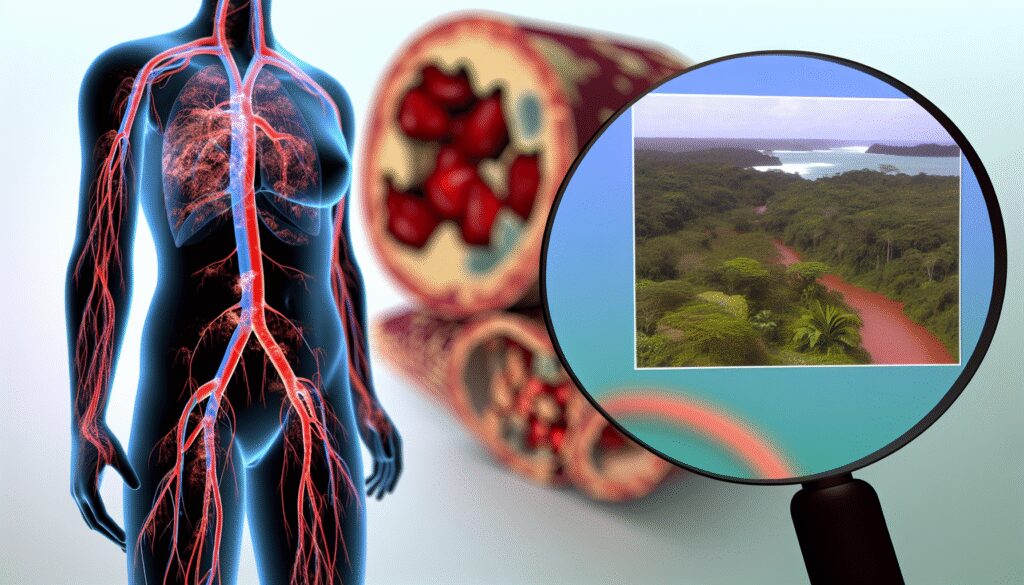
This article examines the challenges of diagnosing and managing Takayasu Arteritis (TA), a rare vasculitis, in São Tomé and Príncipe, a resource-limited island nation. It highlights healthcare constraints, cultural barriers, and limited diagnostic access, while offering recommendations for capacity building and international collaboration to improve TA care.
Unveiling the Triggers: Exploring Recent Guillain-Barré Syndrome Outbreaks in Peru
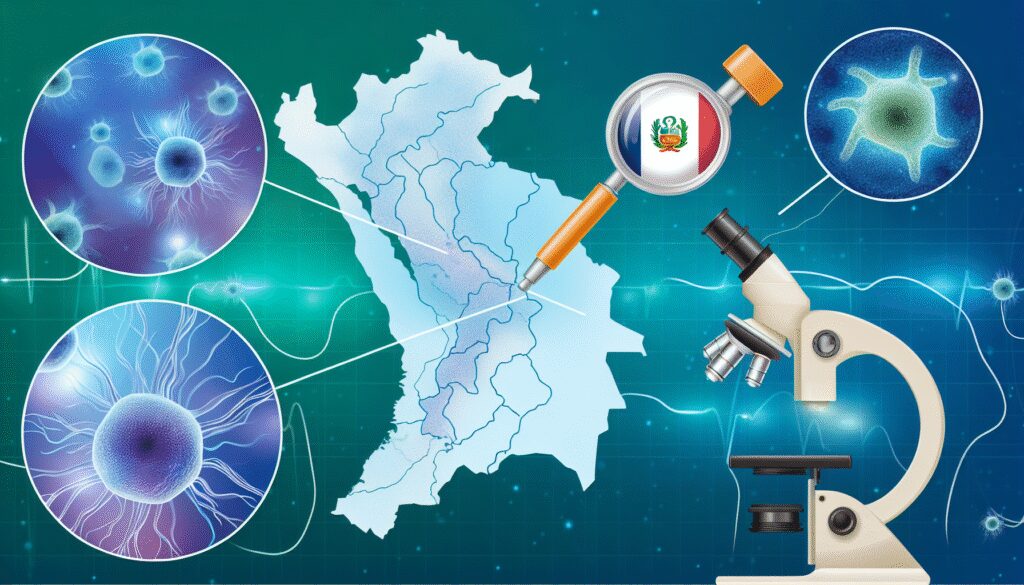
Guillain-Barré Syndrome (GBS), a rare neurological disorder causing muscle weakness, sparked significant outbreaks in Peru during 2019 and 2023, raising public health concerns. This article examines potential infectious triggers like Campylobacter jejuni and Zika virus, alongside environmental and socio-economic factors, while proposing enhanced surveillance and response strategies.
Rare Vascular Challenges: Investigating Blue Rubber Bleb Nevus Syndrome in South Korea

Blue Rubber Bleb Nevus Syndrome (BRBNS) is a rare vascular disorder with venous malformations affecting skin and organs, often causing gastrointestinal bleeding. In South Korea, limited awareness and data hinder diagnosis and management. This article explores clinical challenges, cultural factors, and recommends improved multidisciplinary care and research initiatives.
Uncovering Lyme Disease in the Faroe Islands: Challenges and Emerging Research
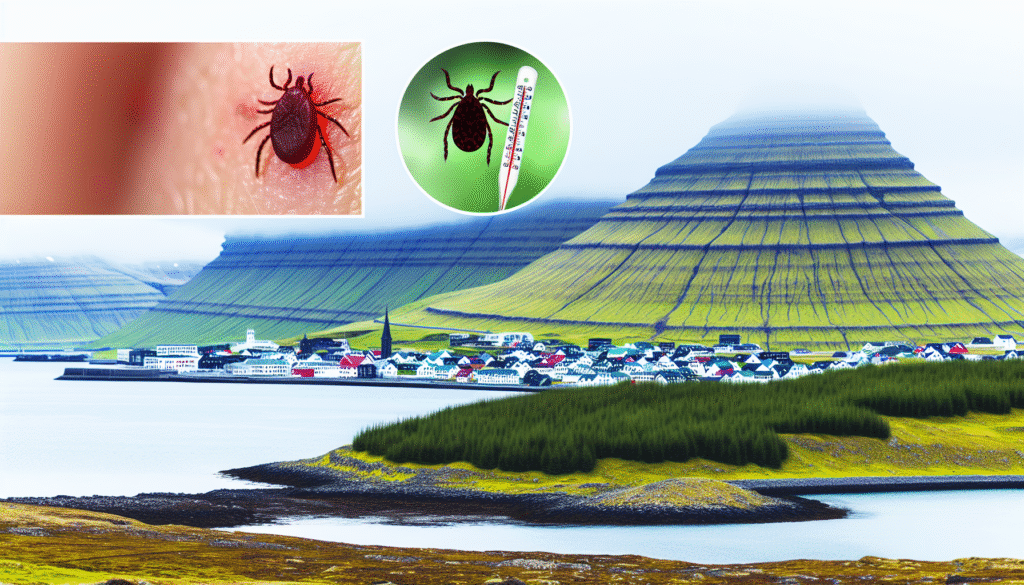
This article examines Lyme disease as an emerging health concern in the Faroe Islands, a remote North Atlantic archipelago. It highlights challenges in detection and management due to diagnostic limitations, lack of local research, and environmental factors like climate change. Recommendations include enhancing surveillance, diagnostics, and public awareness.
Lyme Disease in Greenland: Exploring the Emergence of Tick-Borne Illness in the Arctic
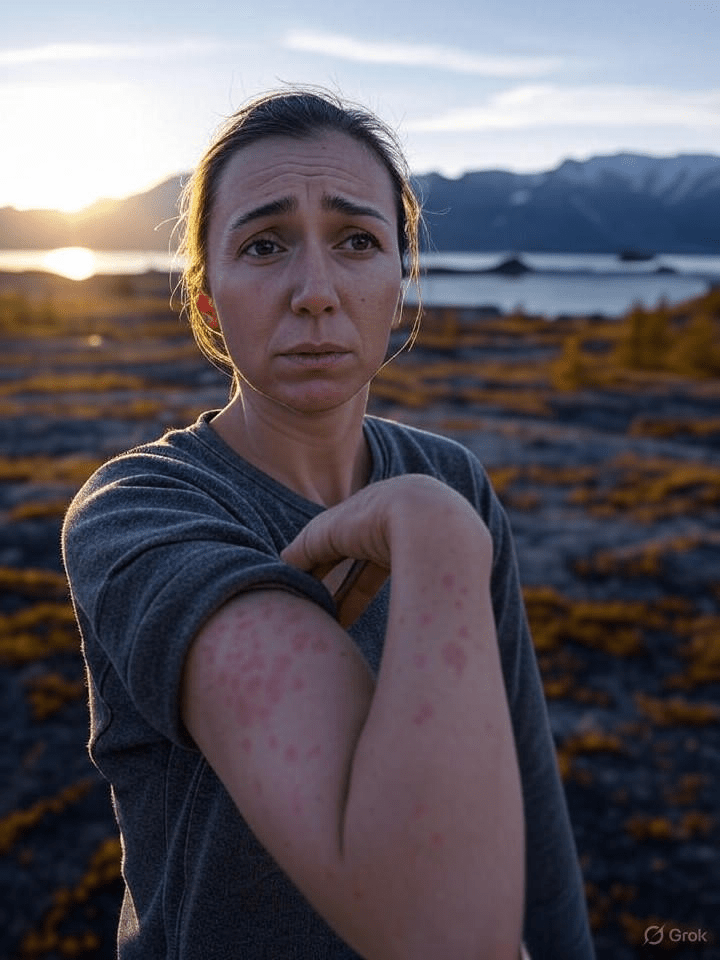
This article explores the potential emergence of Lyme disease in Greenland, driven by climate change expanding tick vectors’ range into the Arctic. It examines environmental conditions, reviews tick expansion literature, and discusses public health implications, offering recommendations for surveillance, prevention, and research in this warming region.
Lyme Disease on the Rise: Understanding the Growing Threat in Canada

**Excerpt/Summary (41 words):**
Lyme disease, a tick-borne illness caused by *Borrelia burgdorferi*, is a growing public health concern in Canada, with cases rising to 5,239 in 2024. Driven by climate change and tick population expansion, it poses diagnostic and treatment challenges requiring urgent, coordinated strategies.
Unraveling Lyme-like Syndrome in Brazil: A Unique Tick-Borne Challenge
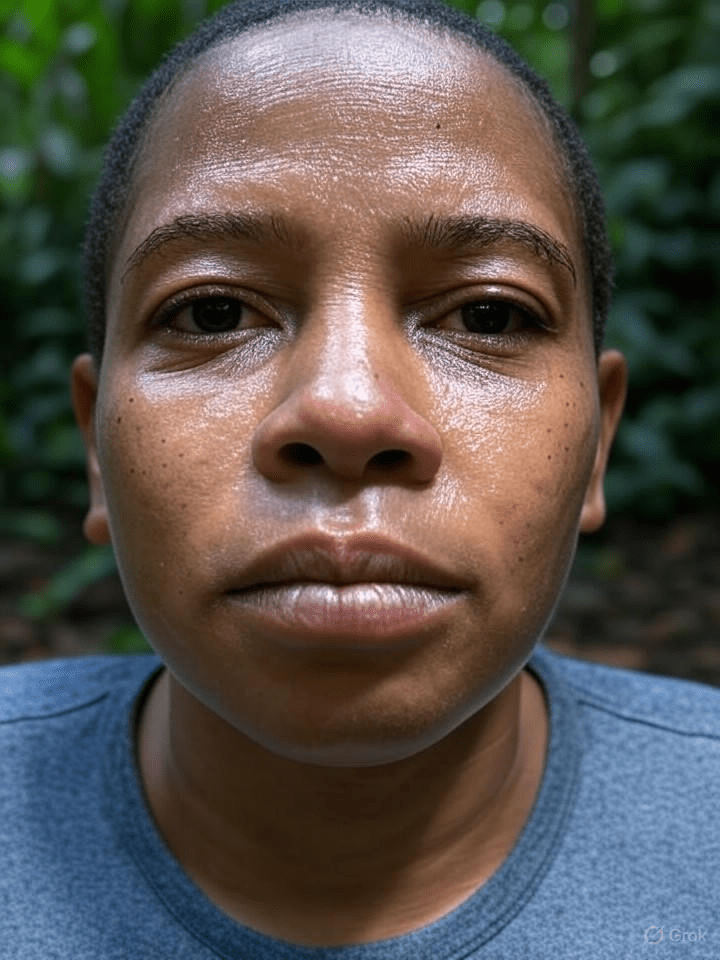
**Excerpt/Summary:**
Lyme-like syndrome in Brazil, resembling Lyme disease but with unique Borrelia species and Amblyomma tick vectors, poses a public health challenge in tropical regions. This article examines its clinical, ecological, and diagnostic complexities, highlighting environmental influences and advocating for tailored surveillance, diagnostics, and interdisciplinary solutions.
Exploring the Potential Spread of Lyme Disease in Fiji: Challenges and Implications for Tropical Regions
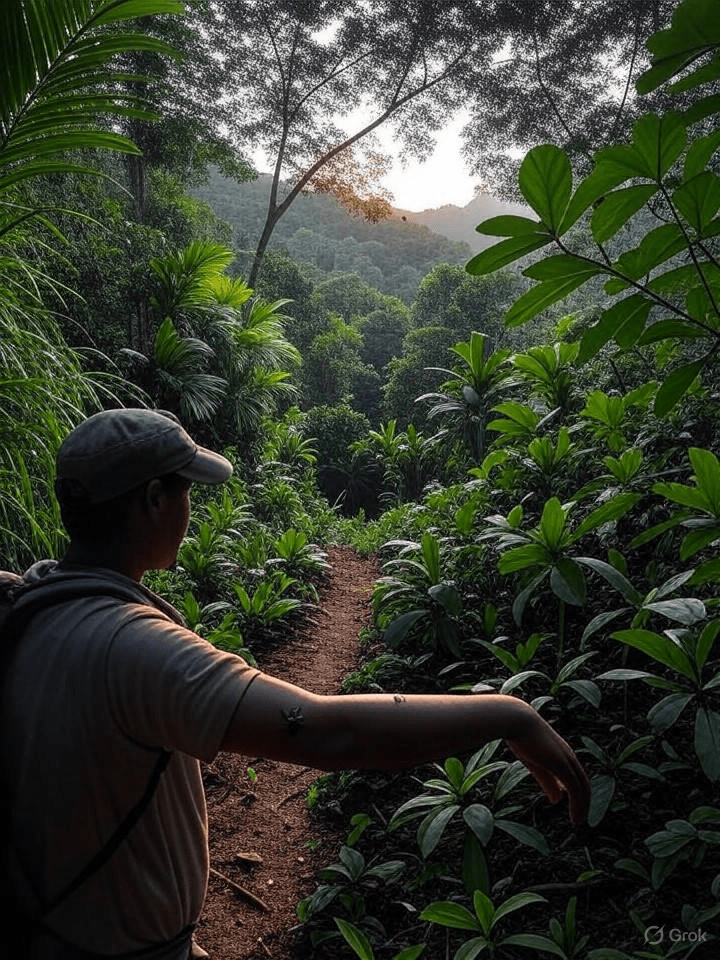
**Excerpt/Summary (38 words):**
This article examines the potential spread of Lyme disease to Fiji, highlighting climate change, vector presence, and public health challenges. It emphasizes surveillance gaps and recommends enhanced monitoring, diagnostics, and regional collaboration to mitigate risks in tropical regions.
Lyme Disease in New Zealand: Unraveling the Mystery of a Contested Illness

This article explores the contested nature of Lyme disease in New Zealand, where local transmission is unconfirmed due to the absence of competent tick vectors. It examines scientific uncertainties, diagnostic challenges, patient experiences, and policy issues, advocating for improved surveillance, research, and support for affected individuals.
